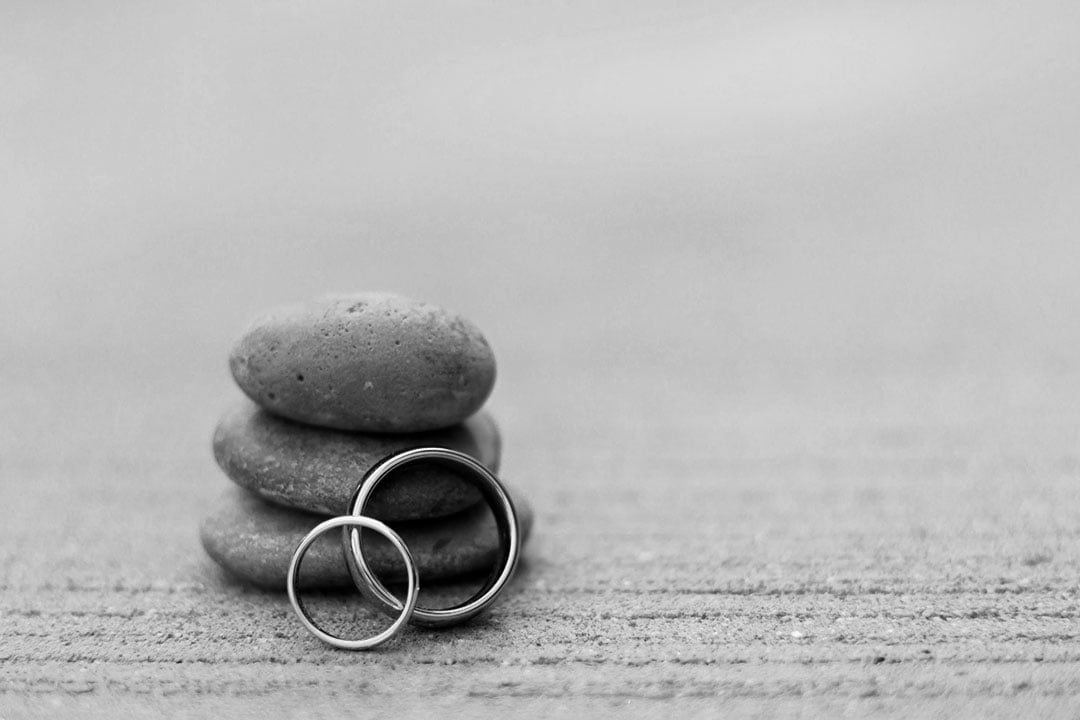Haley Baumeister did the world a service when she ventured into the conversation around permanent contraception and wrote a provocative piece about vasectomies. Her piece comes on the heels of several years of musings about these topics, from the Josh Butler debacle at the low end to Aristotelian and Catholic reflections on the ordered ends of the human person at the high end.
Login to read more
Sign in or create a free account to access Subscriber-only content.
